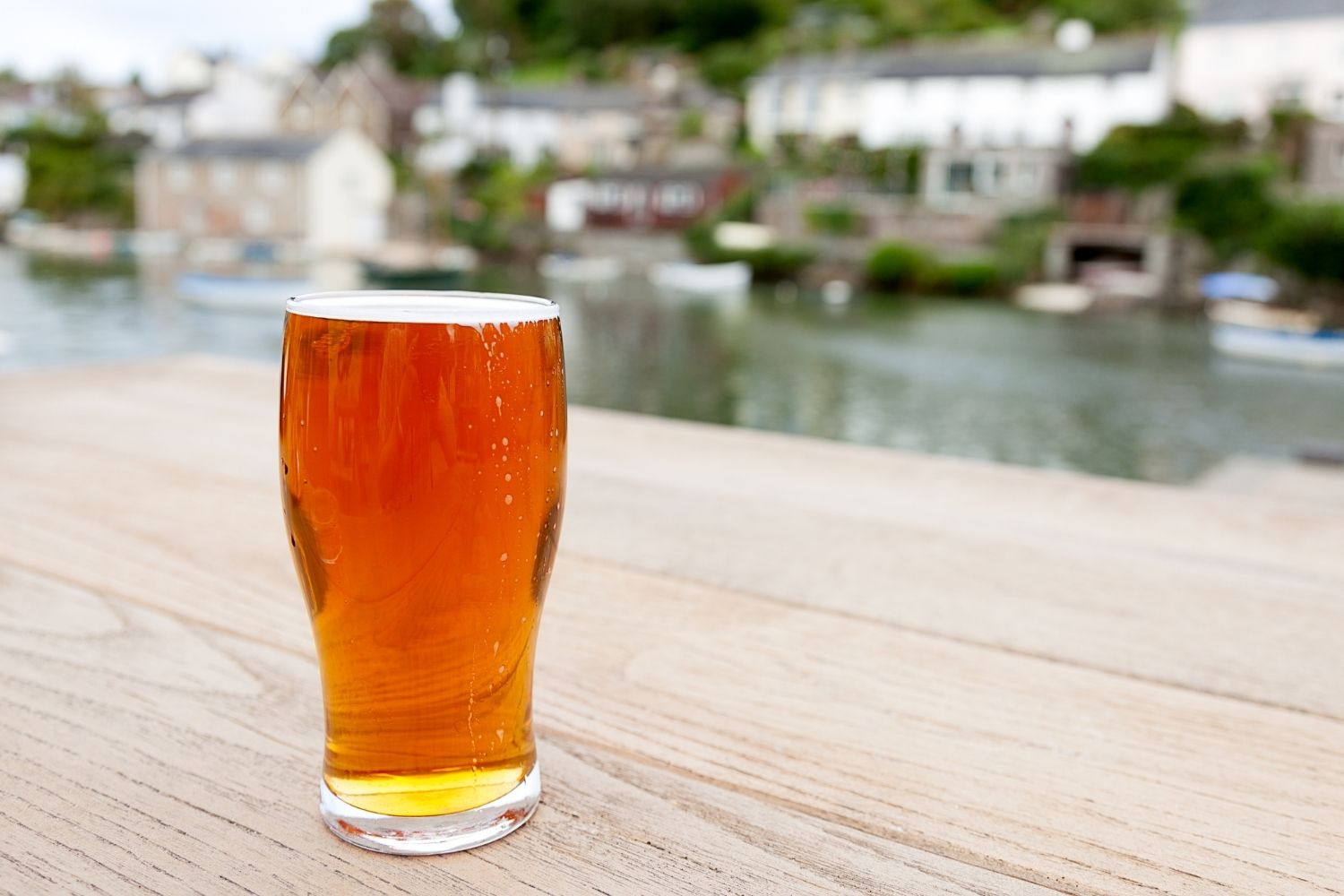When I started drinking, I mean drinking proper beer — and it really isn’t as long ago as you think — a pint of Marston’s Pedigree was a wonderful thing.

It was, said Michael Jackson, “the classic Burton pale ale”. The daddy of today’s session golden bitters that are a staple within most cask brewers’ portfolios. Complete with the ‘Burton snatch’, that note of sulphur on the aroma, which I adored.
With today’s news that Marston’s is coming out of its joint brewing venture with Carlsberg to concentrate solely on being a pub company, it’s a time to reflect on the slow demise of a major slice of British brewing history.
As a correspondent on a Google group I am a member of notes: “A sad indictment of the British business model. Take over your rivals, then sell to a foreign competitor! Marstons used to brew good real ale. Carlsberg aren’t interested in real ale or British tradition in any way. I feel more boycotting of certain pubs coming on.”
As a Hampshire man, other beers close to my heart included Old Thumper and Forty-Niner from the Ringwood Brewery range. Ringwood was launched in 1978 by serial cask beer saviour Peter Austin. It is said that he played a part in brewing some 140 breweries around the world. Once that brewery was sold to Marston’s, though, those beers were never quite the same, especially Old Thumper, which underwent an ABV cut from 5.6% ABV to 5.1%, presumably on the advice of accountants.
Marston’s one saving grace used to be that, unlike Greene King, it kept the breweries it bought open. But one by one its acquisitions have been closing, most notably the historic Jennings Brewery in Cockermouth. And earlier this year the gates closed at Ringwood.
CAMRA has recently been in a feud with Carlsberg Marston’s Brewing Co (CMBC) over its ‘fresh ale’ concept, which involves serving filtered and kegged beer through handpumps that are usually used exclusively for cask-conditioned beer. CAMRA has labelled this practice the ‘Handpump Hijack’.
Today the consumer organisation said: “Marston’s and CMBC bosses must commit to the future of brewing cask, improving consumer choice at the bar, protecting Britain’s brewing heritage and scrapping their damaging fresh ale concept once and for all.”
Wishful thinking on CAMRA’s part there, I reckon. Carlsberg doesn’t seem to be interested in cask beer, despite a spokesperson’s insistence to Beer Today earlier this year that ‘fresh ale’ is “supplementing, not supplanting, traditional cask ale”.

A settling pint of cask Verdant Lightbulb in The Front, Falmouth
Forget Carlsberg. Elsewhere there are signs that cask beer is, in fact, in rude health. Take today’s piece on the site from Stockport and South Manchester CAMRA on the huge success of its Magic Mild Ale Trail. Some 4,000 pub visits took place over the five weeks of the trail, and around 3,000 pints of mild — hardly the beer world’s most sexy style — were consumed.
Look, too, at the way many predominantly craft brewers are now starting to embrace cask, too. I recently had the pleasure of enjoying a pint of cask Verdant Lightbulb in The Front in Falmouth, and their cask Bissoe IPA is one of my beers of the year so far. What’s more, the Union Sets from Marston’s Brewery have found new homes with brewers who cherish their heritage and will use them to carry on a legacy of fine ale brewing. There’s plenty to be optimistic about.
Marston’s cask and its inherited brands may slowly disappear, but they’ve had their time. Let’s support the smaller independents who are championing cask and the skills that go into its creation. Carlsberg can stick to their lager, and I’m sure Marston’s will make a success of their pub business. It’s not for me. I’m heading for a pint of something local in an independent venue. Who’s coming along?

